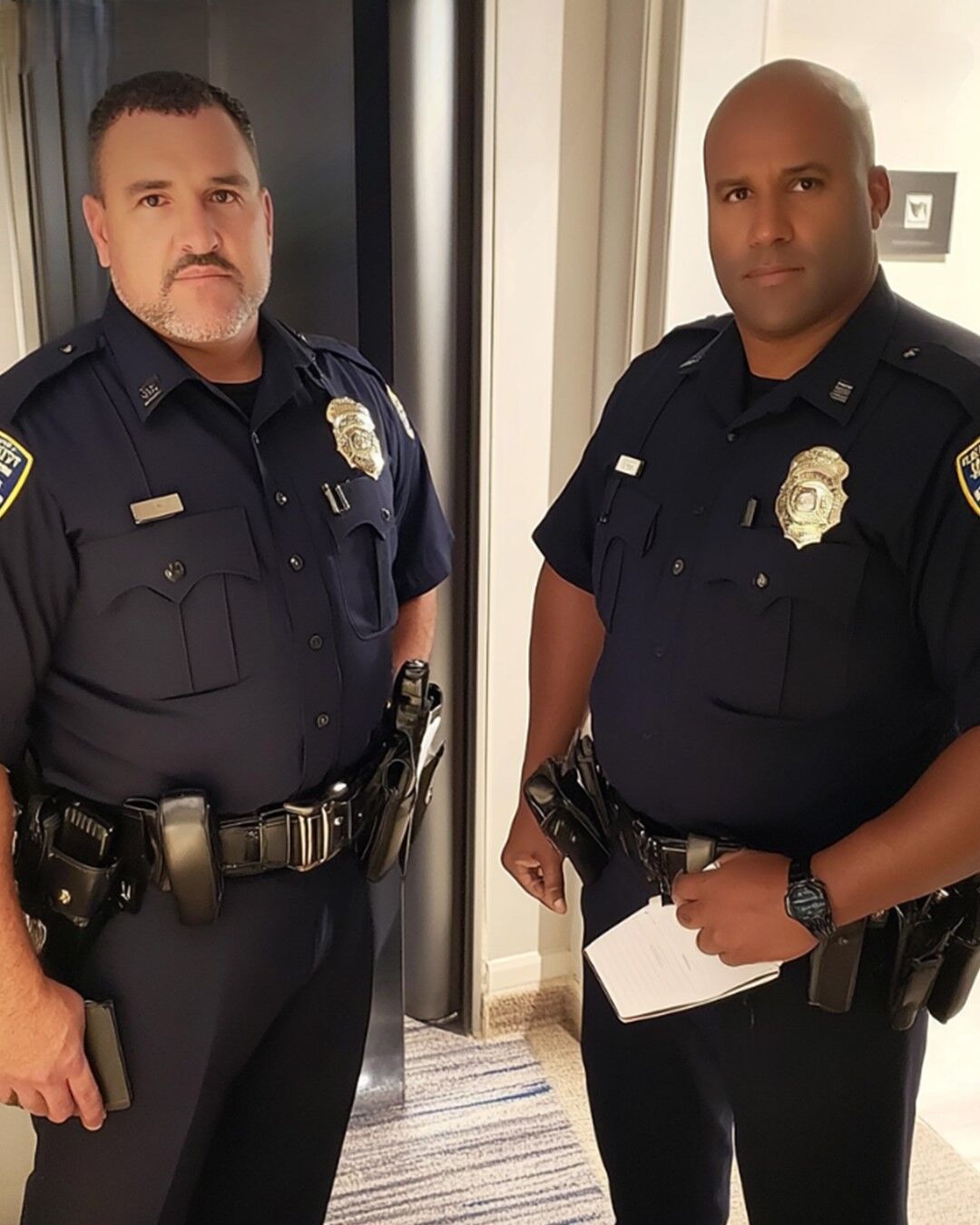I never imagined that a ten-second favor for a stranger would lead to the police showing up at my hotel room. But two days after I let a woman with a baby borrow my phone on a quiet Charleston street, that’s exactly what happened.
Retirement hit harder than I expected. After thirty years of teaching third grade—surrounded by laughter, scraped knees, and constant questions—the silence of my Greenville home felt overwhelming. My son David kept encouraging me to do something for myself. “You’ve spent your whole life giving to others, Mom. It’s your turn now.”
Then I spotted an ad for a pottery retreat in Charleston. A week of working with clay in a city I’d always dreamed of visiting. David was thrilled. He helped me book a quaint little hotel near the studio and promised to check in daily. I arrived feeling nervous but excited—like a teenager setting off on her first solo adventure.
The studio was housed in a restored carriage house, full of natural light and the rich scent of wet clay. My instructor, Marge, had silver hair, warm hands, and a voice that instantly made you feel at ease. My first creation looked more like a misshapen lump than a bowl, but I hadn’t laughed that hard in ages. It felt wonderful to be bad at something again.
Three days in, I walked out of class carrying two proudly made little bowls wrapped in newspaper. I decided to wander back through the historic district, taking in the blooming crepe myrtles and pastel-colored homes.
That’s when I saw her.
A young woman—maybe in her early thirties—stood under an oak tree, gently rocking a crying baby. She looked anxious, her eyes darting nervously down the street as if she was waiting for someone.
As I neared her, she spoke. “I’m so sorry, but could I use your phone for just one call? Mine’s dead, and I really need to check in.”
David’s warnings about scams echoed in my mind. But the way her hands trembled and the raw edge in her voice didn’t feel rehearsed. I didn’t hand her the phone, but I offered to dial the number and put it on speaker.
She gave me the number. I called. It connected immediately, but the person on the other end said nothing.
“It’s moving,” she said in a low, calm voice. “One hour. You know where.” She ended the call, murmured a quick thank you, and disappeared down a side street with the baby held close.
My heart was pounding. The exchange had taken less than a minute, but something about it left me deeply unsettled.
I told David later. He was alarmed. “That could’ve been something serious,” he said. “You don’t know what you were pulled into.”
I hoped he was just being overly cautious. But then, two days later, came the knock on my door.
“Charleston Police Department,” one of the two men at my door said. “We’d like to ask you a few questions.”
They showed me their badges—Detectives Marcus and Tom—and stepped inside. “We’re working on a missing person case,” Marcus explained. “We think you may have seen her.”
They showed me a phone number—the same one I’d dialed. I nodded. “A young woman with a baby asked to use my phone. I made the call for her.”
They asked for details—what she looked like, what she said. I recounted everything as clearly as I could. They listened closely, then exchanged a look.
“Her name is Eliza,” one detective said. “She was supposed to meet with one of our agents that night. She never arrived.”
I felt a wave of nausea. “Was she in trouble?”
“We can’t share much more. But you didn’t do anything wrong. In fact, your help might’ve been crucial.”
They thanked me, handed me a card, and told me to call if I saw her again. After they left, I sat on the bed, my hands trembling. What had I just been part of?
I didn’t tell David. He would’ve urged me to leave immediately. But something inside me refused. This retreat was my step toward something new. I wouldn’t let fear erase that.
Still, I stayed alert. Every woman with a stroller made me pause. I checked the news. Nothing came up. It wasn’t until my last night in Charleston that something finally happened.
As I returned to my hotel room, I saw a white envelope slipped under the door.
No markings. Inside was a handwritten note.
I’m okay. Because of you, the truth reached the right people. A federal investigation is underway. I can’t share more. But I’m safe. He’s safe. I’ll never forget your kindness. You didn’t hesitate. That meant more than you’ll ever know. — E.
Beneath the note were twenty crisp $100 bills.
I sank onto the bed, clutching the letter. Relief, gratitude, and something deeper washed over me—a sense of purpose I hadn’t expected to find on this trip. I came to mold clay, but ended up shaping someone’s freedom instead.
I never told David. Some stories aren’t meant to be repeated—only remembered.
In thirty years of teaching, I taught my students that kindness matters. That even the smallest acts ripple farther than we imagine.
Now I know it’s true.
Sometimes, it’s the quietest choices that leave the loudest echoes. And the things we create without realizing—trust, hope, new beginnings—last longer than anything formed in a kiln.
